Most women first experience symptoms of menopause around four years before their last period, and these symptoms often continue for about four years after the last period. Menopause occurs when a woman has not had a period for 12 consecutive months and loses her natural ability to conceive. This usually happens between the ages of 45 and 55, with the average age of menopause being 51, although it can occur earlier or later. Menopause is associated with unpleasant symptoms such as hot flashes and weight gain, and for most women, no treatment is needed for menopause.
A small number of women experience menopause symptoms up to a decade before menopause, and 1 in 10 women will experience menopause symptoms for up to 12 years after their last period.
Many factors, including genetics and ovarian health, play a role in determining the timing of menopause. About 1% of women experience menopause before the age of 40, and about 5% experience it between the ages of 40 and 45, a condition known as early menopause.
What happens before, during, and after menopause?
Before menopause, periods become irregular and may occur less frequently, sometimes only once every few months. At this stage, periods may be heavier or lighter than usual. However, menopause is the point when periods stop completely for a full year, and after menopause, women experience specific symptoms related to this transition.
What are the symptoms and complications of menopause?
The experience of menopause varies among women. If it occurs suddenly or intensifies over a short period, it tends to be accompanied by more severe symptoms. Health conditions affecting the ovaries, such as cancer or hysterectomy, and behaviors like smoking, can increase the severity and duration of symptoms.
Regardless of menstrual changes, the symptoms in the three stages mentioned are generally the same.
The most common early symptoms of menopause include:
- Irregular periods
- Periods that are heavier or lighter than usual
- Vasomotor symptoms like hot flashes and night sweats (75% of women experience hot flashes)
- Insomnia
- Vaginal dryness
- Weight gain
- Depression
- Anxiety
- Difficulty concentrating
- Memory problems
- Decreased libido
- Dry skin, mouth, and eyes
- Increased urination
- Sore or tender breasts
- Headaches
- Loss of muscle mass
- Painful or stiff joints
- Loss of bone density
- Hair loss
- Hair growth in areas such as the face, neck, chest, and upper back

Common complications of menopause include:
- Vulvovaginal atrophy
- Dyspareunia (painful intercourse)
- Slower metabolism
- Osteoporosis or weaker bones
- Sudden mood changes
- Cataracts
- Periodontal disease
- Urinary incontinence
- Cardiovascular disease
Why does menopause happen?
As women age, the ovaries produce fewer reproductive hormones, leading to menopause. This is associated with changes in the levels of estrogen, progesterone, testosterone, follicle-stimulating hormone (FSH), and luteinizing hormone (LH). During menopause, the active follicles in the ovaries that produce and release eggs, which previously caused menstruation and fertility, disappear. Menopause typically occurs in the mid to late 40s, but certain conditions such as ovarian removal through surgery, hormone therapy, radiotherapy, and pelvic injuries that severely damage the ovaries can cause sudden menopause.
How is menopause diagnosed?
PicoAMH Elisa is a blood test recently approved by the FDA to determine the stage of menopause or perimenopause. Other tests commonly used to confirm menopause include:
- Thyroid tests
- Lipid profile tests
- Liver function tests
- Kidney function tests
- Measurement of testosterone, progesterone, prolactin, estradiol, and human chorionic gonadotropin (hCG) hormone levels
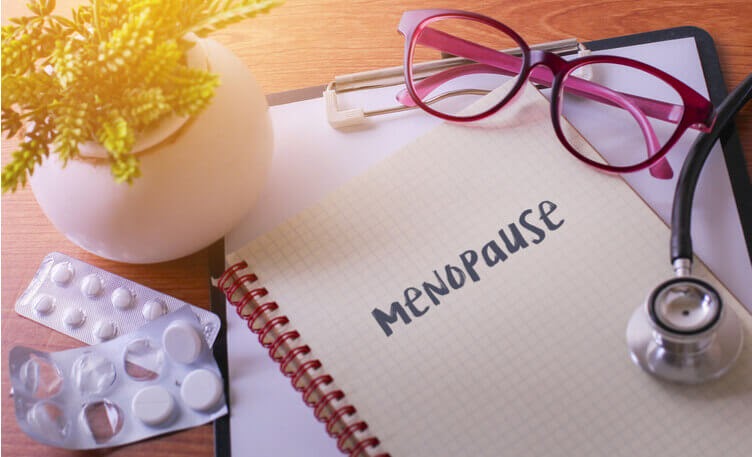
Can menopause be treated?
If the symptoms of menopause are severe enough to impact a woman’s quality of life, hormone therapy may be used in women under 60, during the first 10 years of menopause, to alleviate symptoms. There are also medications available to reduce these symptoms.
5% Minoxidil, anti-dandruff shampoos, typically Ketoconazole 2% and Pyrithione Zinc 1%, to prevent hair loss
Topical eflornithine hydrochloride cream to prevent unwanted hair growth
Selective serotonin reuptake inhibitors (SSRIs), typically paroxetine 7.5 mg, to reduce hot flashes, anxiety, and depression
Non-hormonal vaginal moisturizers
Low-dose estrogen vaginal lubricants in the form of cream, ring, or tablet
Ospemifene for treating vaginal dryness and painful intercourse
Antibiotics for preventing recurrent urinary tract infections
Sleep aids for treating insomnia
Denosumab, teriparatide, raloxifene, or calcitonin to prevent osteoporosis after menopause
Some home remedies can also help alleviate symptoms:
Wearing cool, comfortable clothing, especially at night and in warm weather
Keeping the bedroom cool
Exercise and a healthy diet to control weight
Using dietary supplements such as calcium, vitamin D, and magnesium to reduce the risk of osteoporosis and improve energy and sleep levels (it is recommended to consult a doctor before taking these)
Practicing relaxation techniques, yoga, and meditation
Using moisturizers to prevent dry skin
Avoiding excessive showering or swimming that can dry out or irritate the skin
Quitting smoking and limiting alcohol consumption
Consuming soy, vitamin E, isoflavones, melatonin, and flax seeds
Menopause is a natural phase in a woman's life cycle and is not something to be concerned about. Simply use the right strategies to make the transition easier.

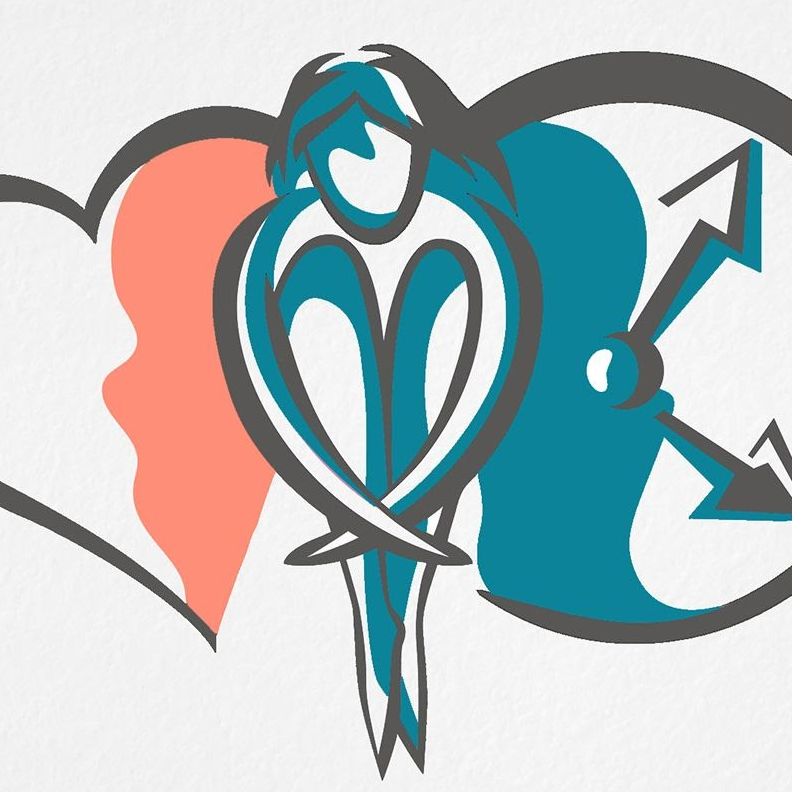




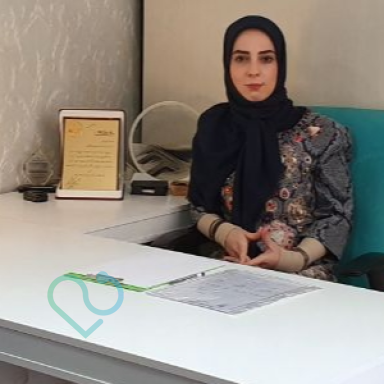


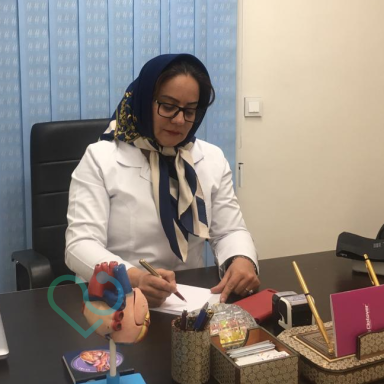
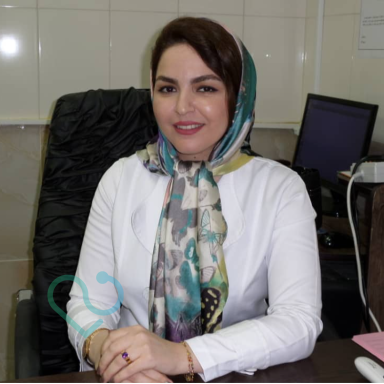

Our Customers' Comments
No comments registered